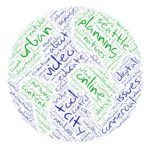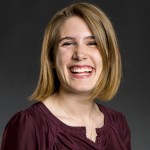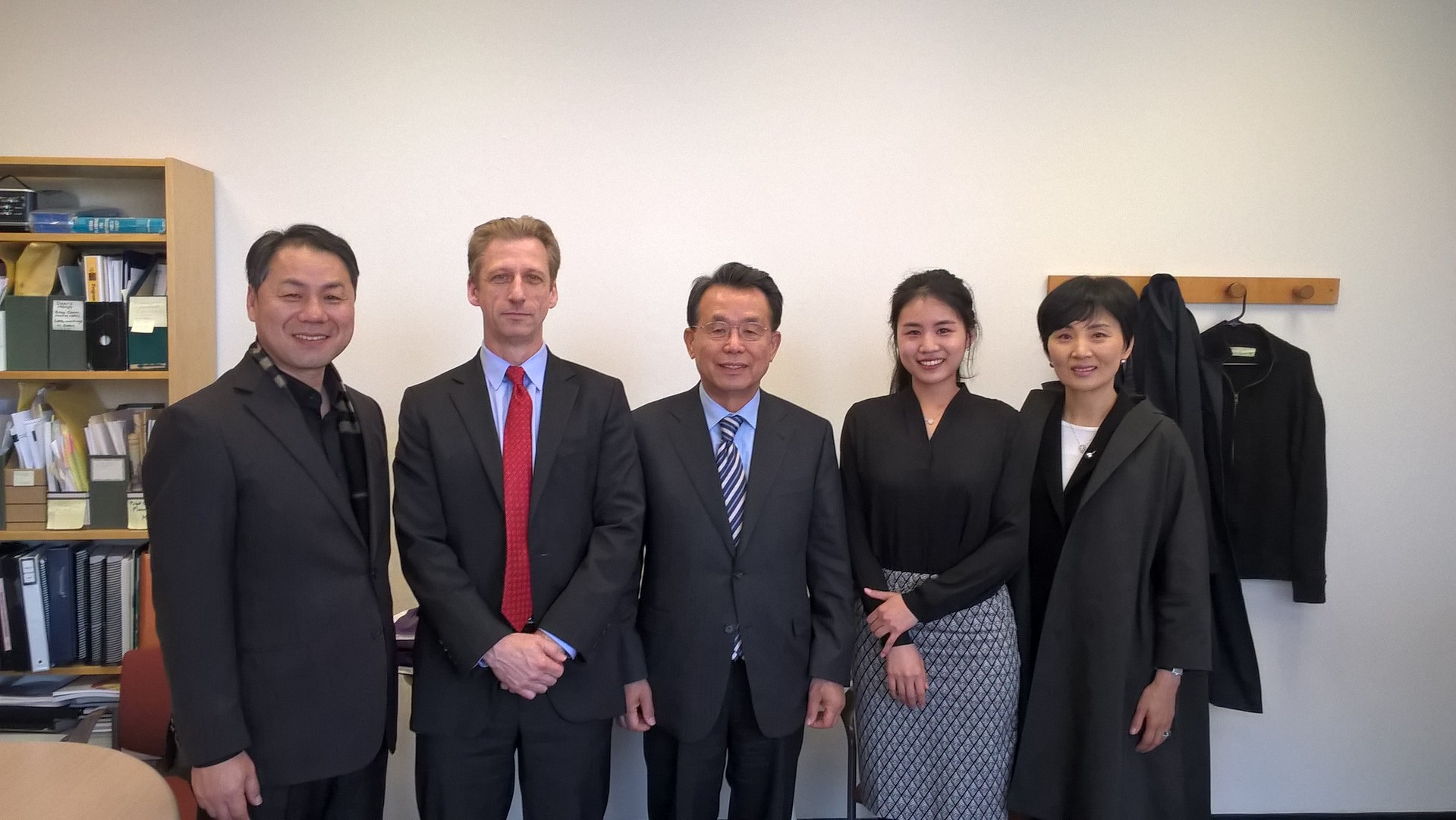The Future City: Emergence of a New Science 2016 Annual Symposium of the Interdisciplinary PhD Program in Urban Design and Planning
Thursday, May 5 / UW Intellectual House, 9:00 AM—4:00 PM
Future City Poster Session Reception 4:30-6:00 Gould Pavilion Gallery
Please RSVP by Thursday April 28, (lunch is provided)
UW TODAY STORY
What drives urban evolution? Are there underlying mechanisms and universal laws of urban change? What are the scenarios of plausible urban futures? What do we know, and what do we not know? How can big data and new technologies transform the sciences, decision-making, and the practice? What are the emerging challenges for future research? What kinds of cities do we want to live in? How can communities imagine and direct urban change to create the cities we desire?
Structure
The symposium will start this exploration by bringing together faculty and students from diverse disciplines in one-day event structured in two sessions led by two keynote speakers and followed by two panels. The morning session will discuss what we know of the drivers of urban change and underlying mechanisms leading innovation and elaborate the challenges and opportunities for the study of cities. In the afternoon session we will explore plausible urban futures and the implications for graduate education and the practices. A poster session (during lunch) led by the students from different UW PhD Programs will feature research on urban issues from different disciplines.
Keynote Speakers
Luis Bettencourt is a theoretical physicist and professor at the Santa Fe Institute. He studies the city as a complex system with an emphasis on identifying underling laws that drive innovation and urban change as well as the role of social networks within these urban systems.
Carlo Ratti is an architect and engineer at the Massachusetts Institute of Technology, where he directs the Senseable City Lab which explores urban imagination and social innovation through design & science.
Panel Discussions Panel 1 (morning)-‐ What are the drivers of urban change?
Sara Curran: Associate Professor of International Studies and Public Affairs, Director, Center for Studies in Demography and Ecology, UW
Kyle Crowder: Blumstein-‐Jordan Endowed Professor, Department of Sociology, UW
Jessica A. Lee: Senior Policy Associate and Associate Fellow, BROOKINGS, Centennial Scholar Initiative
Jan Whittington: Associate Professor, Urban Design and Planning, Associate Director, Center for information Assurance and Cyber Security, UW
Panel 2 (afternoon)-‐ What are scenarios of possible urban futures? Mark Hallenbeck: Director, Washington State Transportation Center (TRAC)
Eileen Gunn: Science Fiction Writer
Jesse Berst: Chairman, Smart Cities Council
Lara Whitely Binder: Outreach Specialist, Climate Impacts Group, UW







